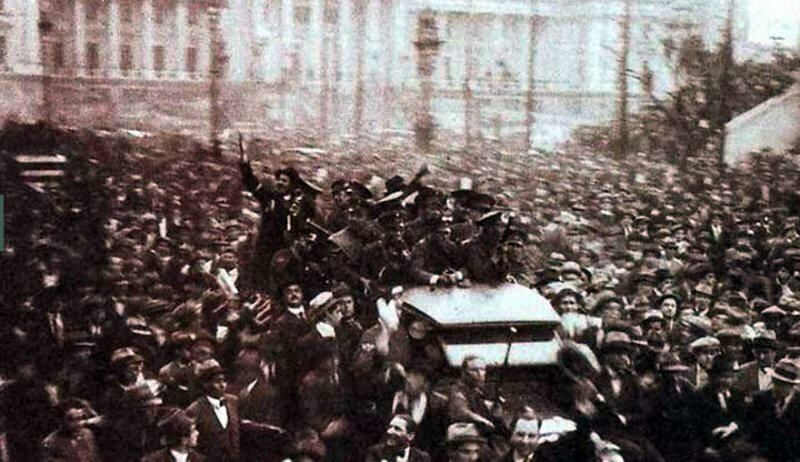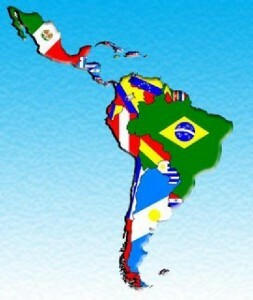Definition of Infamous Decade (1930-1943)
Miscellanea / / July 04, 2021
By Javier Navarro, in Apr. 2018
 The financial crisis of 1929 had repercussions around the world. In Argentina, the level of meat and wheat exports to the United Kingdom market fell significantly. At the same time, imports of manufactures decreased.
The financial crisis of 1929 had repercussions around the world. In Argentina, the level of meat and wheat exports to the United Kingdom market fell significantly. At the same time, imports of manufactures decreased.
As a reaction to this situation, the Argentine government promoted a new industrial plan and launched a model of intervention of the state in the economy.
The reindustrialization plan triggered a migration process throughout the territory national. The economic benefits in the industry were not accompanied by an improvement in the working conditions of the workers.
Between 1930 and 1943 different military and civil governments followed
The economic crisis and social tension were the factors that provoked the coup d'état of General José Félix Uriburu that overthrew President Hipólito Yrigoyen. From this moment on, a stage characterized by persecution began. politics of opponents, corruption, authoritarianism and electoral fraud.
Some senators denounced different cases of tax evasion and all kinds of irregularities
After the fall of Wall Street in 1929, the British promoted international trade with members of the Commonwealth and to the detriment of Argentina. To avoid economic disaster, Foreign Minister Julio Argentino Roca and Business Manager Walter Runciman renegotiated the conditions for the export of Argentine meat to Great Britain. The new regulatory framework signed in 1933 is known as the Roca-Runciman Treaty, which involved some significant advantages for British interests in Argentina (services and infrastructure public of the nation were controlled by British companies).
In 1935 a murder was committed in the House of Representatives (Senator Enzo Bordabehere of the Progressive Democratic Party was shot in the back by a former commissioner during a debate parliamentary).
During the Infamous Decade, different parliamentary commissions were activated to investigate the different illicit pacts between politicians and businessmen.
In 1943 a Military Junta overthrew President Castillo. Colonel Juan Domingo Perón was appointed Chief of the Army General Staff. With this episode a new era began in Argentina. Peronism, also called justicialism, was the main movement politician between 1946 and 2015.
Photo: Fotolia - Lefteris Papaulakis
Themes in Infamous Decade (1930-1943)

